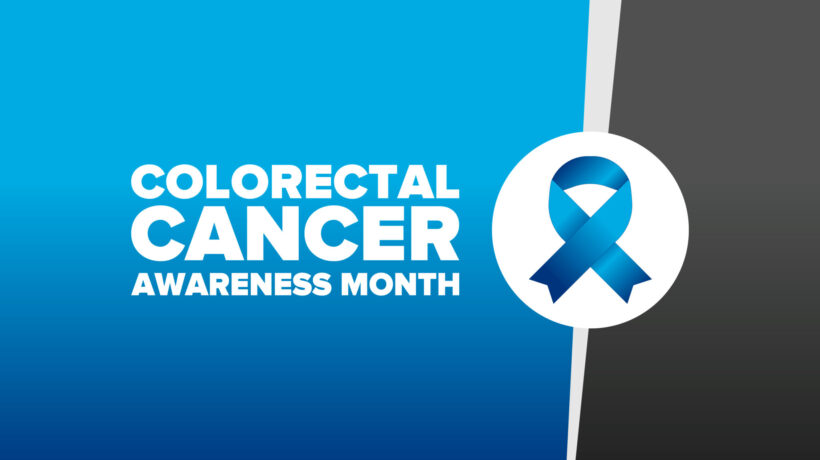Colorectal Cancer: Preventable and Treatable, Yet Deadly

March is National Colorectal Cancer Awareness Month. Colorectal cancer has affected millions of Americans and takes thousands of lives each year, so knowing how to reduce your risk of colorectal cancer and the screening tests available can help save lives.
Colorectal cancer is cancer of the colon and rectum and it is the second leading cause of cancer-related death in the United States among men and women combined. It’s also the third most commonly diagnosed cancer in men and women, and yet one in three people are not up-to-date with their colorectal cancer screenings. Colorectal cancer develops from benign growths on the lining of the colon and rectum called polyps, which can take different shapes and grow different sizes but many develop to be cancerous.

There are several ways to reduce your risk of colorectal cancer including eating a healthy high fiber diet, exercising regularly, maintaining a healthy wait and avoiding tobacco or heavy alcohol use.
Colorectal cancer is one of the most preventable types of cancer, with 60% of colorectal cancer deaths preventable with screening. All adults over the age of 45 are at risk for colorectal cancer but everyone over the age of 50 is recommended to receive routine colon cancer screening. You can take this free, two-minute quiz online to see if you have an increased risk of colorectal cancer based on genetics.
The most effective colorectal cancer screening procedure is colonoscopy because it can identify cancer polyps and remove them during the same examination.
During a colonoscopy, a thin, flexible tube called a colonoscope is inserted into the colon through the rectum (end of the colon) and guided to the cecum (beginning of the colon). The colonoscope is equipped with a digital camera and light that can reveal any abnormalities in the body. If any growths, abnormalities, or polyps are identified, a biopsy can be performed during the procedure and the polyps removed.
Other screening methods for colorectal cancer include fecal occult blood, FIT/stool DNA testing, flexible sigmoidoscopy, double contrast barium enema, digital rectal exam or a virtual colonoscopy.
At TRA, we provide virtual colonoscopy, also called CT colonography, which is a non-invasive advanced CT scan of the colon and rectum. A CT colonography produces two-dimensional and three-dimensional images of the colon and rectum, making it easy for polyps or cancer to be identified on the images.
For more information about CT colonography, visit our webpage.
